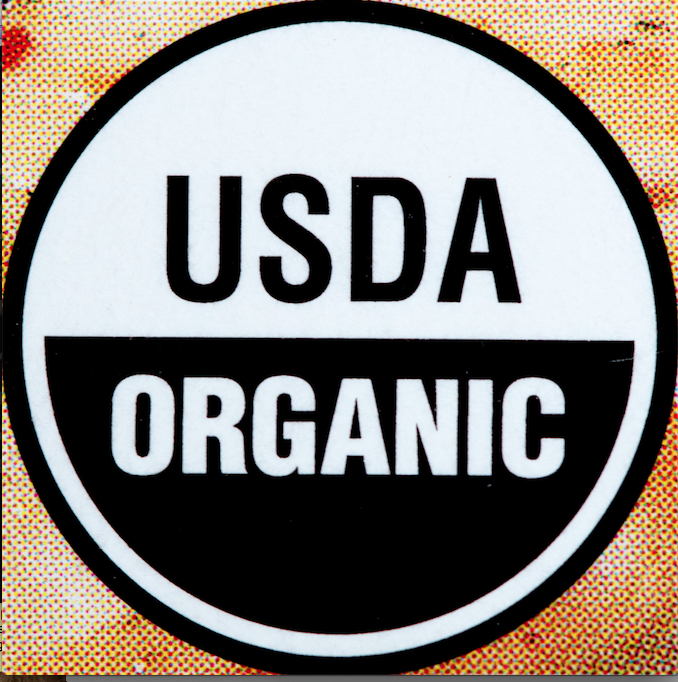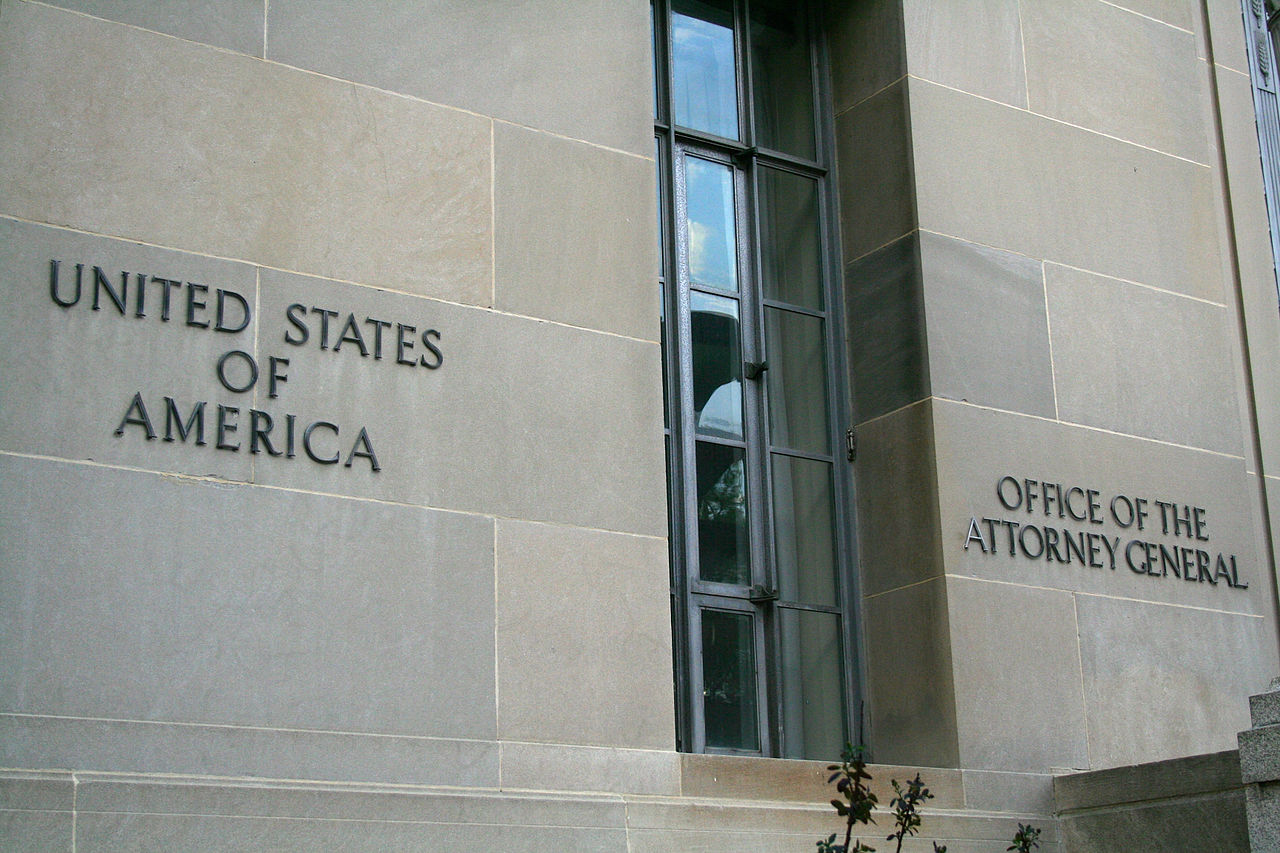 Parler
Parler Gab
Gab
- The USDA’s National Organic Program (NOP) has allowed industrial-scale farms, fraudulent imports, and hydroponic operations to exploit the organic label.
- Three major certifiers—CCOF, Oregon Tilth, and Florida Organic Growers—are accused of conflicts of interest, taking corporate payments, and rubber-stamping illegal practices.
- Despite documented legal complaints, the USDA dismissed allegations against two of the accused certifiers, claiming “no apparent violations.”
- OrganicEye’s guide empowers consumers to identify trustworthy certifiers, urging them to bypass USDA oversight and support ethical farmers.
- The watchdog warns that many certifiers have shifted from farmer-led integrity to corporate-aligned profiteering, eroding organic standards.
The betrayal of organic integrity
When Congress passed the Organic Foods Production Act in 1990, the intent was clear: protect small farmers and consumers from fraud while ensuring organic food met rigorous, soil-based standards. But today, the USDA’s NOP has become a revolving door for agribusiness interests, allowing factory farms, hydroponic operations, and suspect imports to flood the market with “organic” products that defy the law’s original spirit. “Legitimate US family-scale organic farms are increasingly being squeezed out by these illegitimate industrialized practices,” Kastel said. Among the most egregious violations:- Factory-farmed dairy and eggs: Massive concentrated animal feeding operations (CAFOs) house thousands of animals in confinement yet still receive organic certification.
- Hydroponic fraud: Crops grown in water with synthetic nutrients—not soil—are falsely labeled organic, despite legal requirements for soil health.
- Imported scams: Fraudulent foreign imports, particularly grains and soy, have repeatedly been caught using banned pesticides while slipping past USDA inspections.
Certifiers gone rogue
OrganicEye’s investigation reveals that some of the largest certifiers have abandoned their watchdog role, instead becoming enablers of corporate agribusiness. The group filed legal complaints against CCOF, Oregon Tilth, and Florida Organic Growers (FOG), accusing them of:- Accepting “payola” payments from major brands like Driscoll’s and Taylor Farms.
- Lobbying for weaker standards while certifying questionable operations.
- Ignoring federal prohibitions against conflicts of interest.
How consumers can fight back
OrganicEye’s guide urges shoppers to:- Buy local—Small farms face less fraud risk.
- Check certifiers—Look beyond the USDA seal to see which agency verified the product.
- Demand accountability—Pressure brands to switch to ethical certifiers.
Biden administration targeted mask and vaccine opponents as “terrorists,” new docs reveal
By Willow Tohi // Share
Crystals Mimic Electronics: Microscopy Reveals Shocking Xylitol Biomimicry of Circuit Structures
By Finn Heartley // Share
CDC pushes emergence of China-linked COVID-19 variant in U.S. amid global surge
By Willow Tohi // Share
DOJ’s visa fraud crackdown upends immigration industry, divides firms and U.S. workers
By Willow Tohi // Share
North Carolina Supreme Court rules federal vaccine immunity doesn’t trump parental rights
By Willow Tohi // Share
Governments continue to obscure COVID-19 vaccine data amid rising concerns over excess deaths
By patricklewis // Share
Tech giant Microsoft backs EXTINCTION with its support of carbon capture programs
By ramontomeydw // Share
Germany to resume arms exports to Israel despite repeated ceasefire violations
By isabelle // Share










